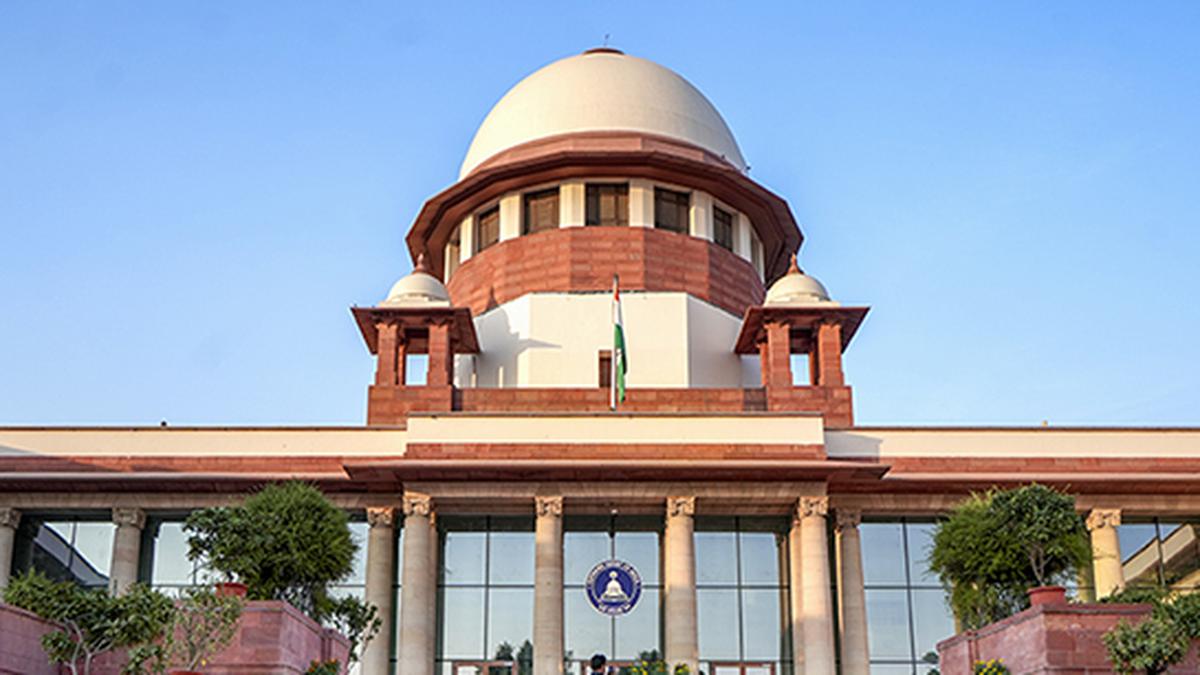
Reservation must not be based on religion, says Supreme Court
The Hindu
Calcutta High Court rules religion not sole criterion for OBC status, Supreme Court hears appeal against judgment.
The Supreme Court on Monday (December 9, 2024) orally observed that reservation must not be based on religion while hearing an appeal filed by the State of West Bengal against a Calcutta High Court judgment striking down its policy to include several castes, largely Muslim communities, in the State’s Other Backward Classes (OBC) list.
The Calcutta High Court had concluded that religion was the “sole criterion for declaring these communities as OBC”. It had found the “selection of 77 classes of Muslims as backwards an affront to the Muslim community as a whole”.
Senior advocate Kapil Sibal, appearing for the State with advocate Astha Sharma, said the criterion for including Muslim communities in the OBC list was based on backwardness and not religion.
The Bench of Justices B.R. Gavai and K.V. Viswanthan scheduled the case for a detailed hearing on January 7.
In an earlier hearing, the top court had asked the State to clarify the nature and scope of the survey undertaken to identify the social and educational backwardness of these communities and their inadequacy of representation in the State public services which warranted their inclusion in the list.
The court had asked the State to respond to allegations that no meaningful consultations were held by the State with the West Bengal Backward Classes Commission before the designation of these communities as OBCs.
The court had also asked West Bengal to include details of whether consultation was done while sub-classifying these castes for the purpose of reservation.

The Karnataka government has drafted a comprehensive master plan for the integrated development of Kukke Subrahmanya temple, the State’s highest revenue-generating temple managed by the Hindu Religious Institutions and Charitable Endowments Department. The redevelopment initiative is estimated to cost around ₹254 crore and aims to enhance infrastructure and facilities for devotees.












